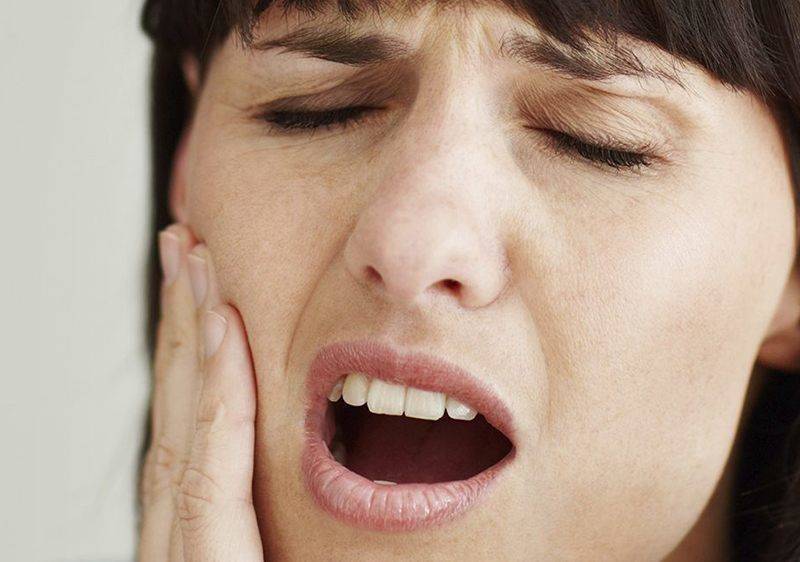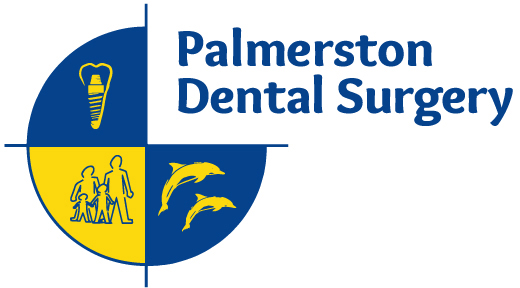TMJD

TMJ disorders (temporomandibular joint disorders) are not uncommon and usually mild, but can negatively affect your oral health in serious cases.
What is TMJD?
The letters stand for “temporomandibular joint disorder.” Essentially, this refers to a range of issues that affect the jaw when the hinge between the upper and lower jaws doesn’t work properly.
Usually, this hinge is responsible for a huge range of motions, such as moving the lower jaw from side to side, back and forward, and up and down. When any one of the moving parts in this hinge doesn’t function properly, it can feel like your jaw ‘clicks’, ‘pops’ or even gets stuck in one place. While the causes behind this aren’t always known, any of these issues will be referred to as a TMJD.
It can be tough to diagnose this disorder, as it can manifest with any number of symptoms. You may start getting headaches, feel tenderness around the jaw muscles, experience pain when you eat or talk, or even notice that your teeth don’t fit together in quite the same way that they used to.
There are a number of factors that may be behind TMJ disorders. Stress is a common one, as this can lead to tightening the muscles in your face and clenching your teeth. Any form of grinding and clenching like this will put pressure on the joint, which can cause problems to the hinge. Arthritis is another possible cause, as this adversely affects joints throughout the body.
TMJ disorders are generally the most common between the ages of 20 and 40 and tend to affect females more often than men.
What can TMJ do to your oral health?
TMJ disorders can affect your oral health, which is why a dentist will often be one of the first to notice and diagnose any issues with your jaw hinges.
Firstly, it can wear down your teeth prematurely. When you clench or grind your teeth regularly, this can slowly but surely cause them to weaken and degrade, which may lead to further issues such as cracking. Another problem is that you might inadvertently change the way you bite, which can also harm the teeth by putting extra strain in certain places – such as those on the right side if your left side is tender or sore.
These dental health problems are only one part of the greater issues that can arise from these disorders, but it’s important to remember to see your dentist if you are diagnosed with TMJD.
What can you do about TMJD?
There is usually no single treatment for TMJ disorders, largely because there is such a huge range of underlying causes.
In many cases, the problem will only be mild and will pass within days or weeks by itself. In these cases, simple care tips such as eating soft foods, ice-pack application, avoiding excessive talking (and other joint movements), and over-the-counter painkillers will be all that’s needed until the issue passes.
Should your doctor think that stress is the underlying cause, you may need to look at ways you can remove stress from your life by giving yourself more downtime, delegating tasks and treating yourself to time off.
One of the most common treatments is what is known as a ‘stabilisation splint’ or a bite guard. This oral appliance sits in your mouth (usually during sleep) to stop you from clenching or grinding your teeth. The purpose of this is simply to protect your teeth until the disorder passes or until you find a suitable treatment.
In some rare cases, the problem can persist, which is when your dentist, doctor, or other medical professional may consider more intensive measures such as surgery to help rectify the joints.
If you think you might be suffering from TMJD, call Palmerston Dental Surgery today on 08 8932 1544.

